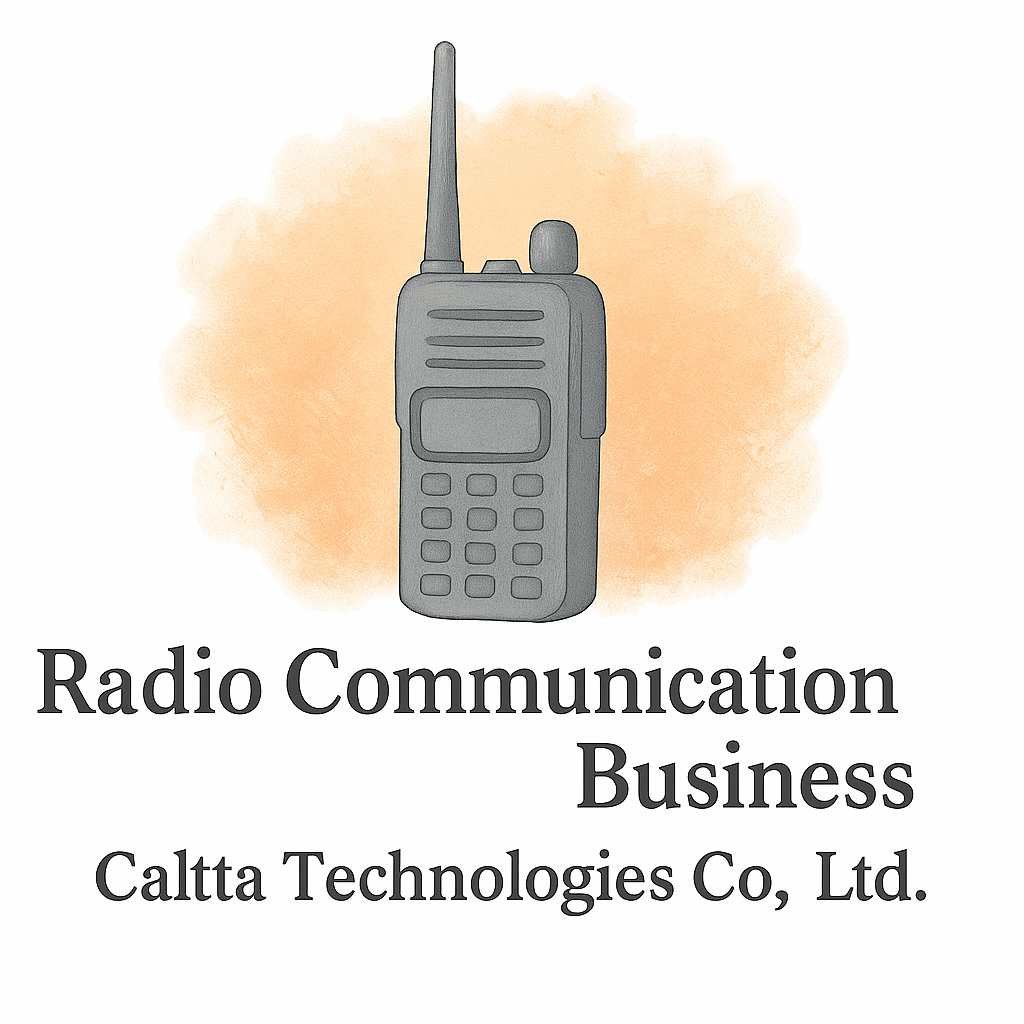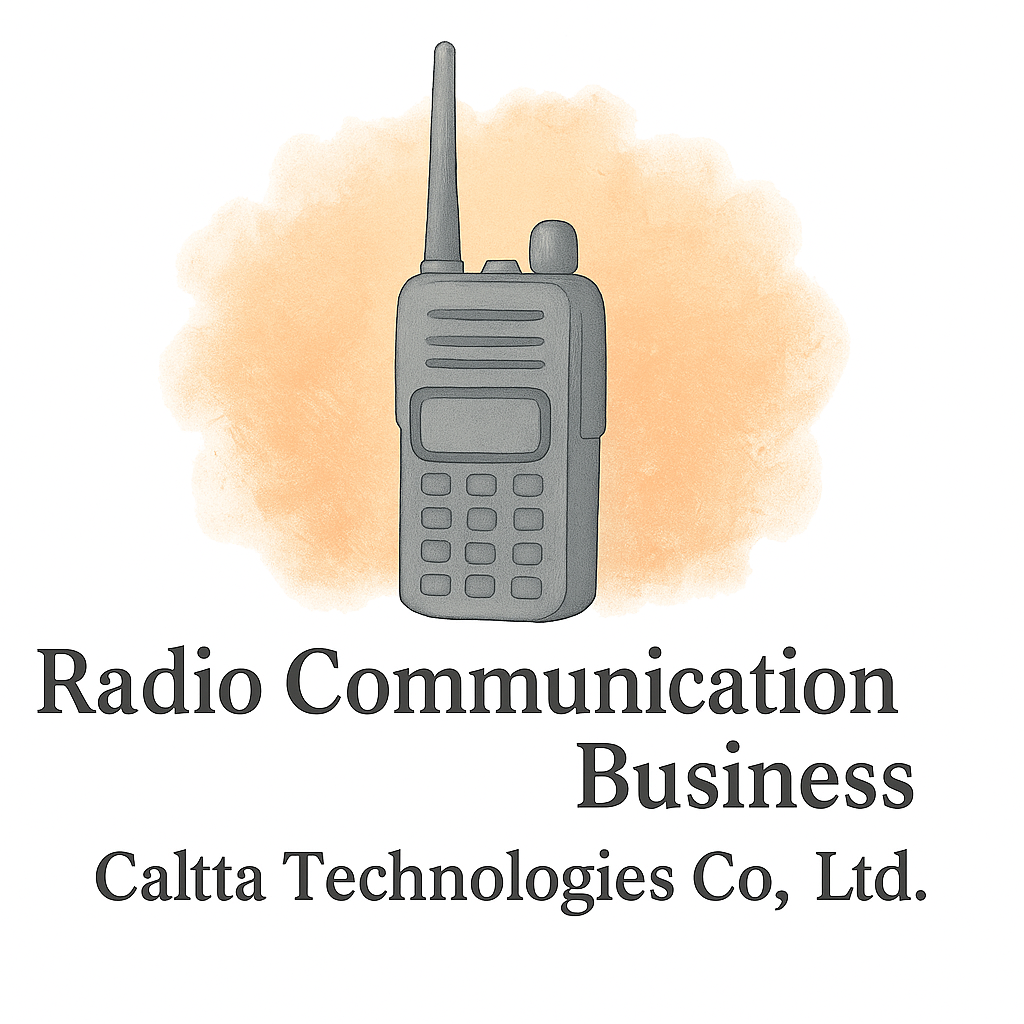Introduction: Why Reliable Communication Matters
When safety is on the line, communication is everything. Imagine trying to handle an emergency with delayed, unclear, or failed messages—it’s a recipe for disaster. That’s where reliable radio communication systems step in, offering instant, direct, and dependable connectivity that can literally save lives.
Understanding Radio Communication Systems
What Are Radio Communication Systems?
Radio communication systems are tools that transmit and receive voice or data using radio waves. They’re widely used in industries like construction, aviation, public safety, healthcare, and logistics.
How Do They Differ from Other Communication Tools?
Unlike mobile phones, radios don’t rely on cellular networks. This makes them incredibly dependable in remote areas or during network outages. Plus, they allow group communication at the push of a button—a huge advantage in safety-critical scenarios.
The Role of Radio Communication in Safety
Why Reliability is Non-Negotiable
Safety protocols depend on fast and accurate communication. Radios eliminate delays and reduce risks by ensuring messages get through instantly.
Common Industries That Depend on Radios
From firefighters coordinating rescue operations to factory workers managing heavy machinery, reliable radio communication is vital across industries.
Safety Benefit #1: Instant Emergency Alerts
In emergencies, seconds matter. Radios allow workers to send immediate distress signals to alert entire teams. This fast action can prevent accidents from escalating.
Safety Benefit #2: Clear Communication in Critical Situations
Noise, chaos, and stress can cloud communication. Reliable radios use noise-canceling features and strong signals, ensuring clear instructions are heard even in loud environments.
Safety Benefit #3: Enhanced Coordination Among Teams
Whether it’s a construction site or a crowded event, radios keep teams on the same page. Coordinated responses mean fewer mistakes and safer operations.
Safety Benefit #4: Reliable Coverage in Remote Areas
Cell service isn’t always available in rural zones, forests, or offshore operations. Radios bridge that gap, maintaining communication where other systems fail.
Safety Benefit #5: Reducing Misunderstandings and Errors
A misunderstood order can cause serious accidents. With clear, direct channels, radios cut down miscommunication and ensure tasks are done safely.
Safety Benefit #6: Improved Disaster Response and Recovery
During natural disasters, mobile networks often collapse. Radios remain one of the most reliable lifelines, allowing emergency teams to coordinate rescue and recovery efforts effectively.

Safety Benefit #7: Secure and Encrypted Communication
Security is part of safety. Modern radios support encrypted communication, keeping sensitive information protected from outsiders.
Safety Benefit #8: Hands-Free Operation for Field Safety
Workers handling heavy equipment or hazardous materials can use hands-free radio systems. This allows them to stay focused while still communicating safely.
Safety Benefit #9: Robust Durability in Harsh Environments
From scorching heat to freezing cold, radios are built to endure. Their rugged designs make them reliable safety tools in tough environments.
Safety Benefit #10: Cost-Effective Safety Measure
Compared to other high-tech solutions, radios are affordable and long-lasting. They reduce accidents and downtime, which saves businesses money.
Safety Benefit #11: Compliance with Industry Regulations
Many industries require reliable communication systems to meet safety standards. Radios help businesses stay compliant with industry regulations and avoid penalties.
Safety Benefit #12: Supporting Large-Scale Event Safety
From concerts to conferences, crowd safety is a major concern. Radios allow security teams to coordinate quickly and prevent issues before they escalate.
Integrating Radio Communication with Modern Technology
Linking Radios with Digital Tools
Radios now integrate with smartphones, GPS, and software for better tracking and communication.
Smart Features That Boost Safety
Advanced radios include features like emergency buttons, lone-worker alerts, and real-time monitoring, taking safety to the next level.
Best Practices for Maximizing Radio Communication Safety
Training and Awareness
Teams should be trained to use radios correctly. Misuse can delay emergency responses.
Maintenance and Upgrades
Like any tool, radios need regular maintenance and updates to perform at their best.
Budget Planning and Investment
Smart financial planning ensures you invest in quality radio systems without overspending.
Common Mistakes to Avoid with Radio Systems
Many businesses overlook training, fail to maintain equipment, or buy low-quality radios. Avoiding these mistakes keeps communication systems reliable.
Future of Radio Communication in Safety
With equipment technology advancing rapidly, expect radios to get smarter, more efficient, and more secure. They’ll continue to be a backbone of safety systems across industries.
Conclusion
Reliable radio communication systems are not just tools—they’re lifelines. From emergency alerts to secure channels and durability in harsh conditions, they deliver 12 major safety benefits that can’t be ignored. If safety is your priority, investing in a strong radio communication system is a non-negotiable step toward protecting lives and businesses.
FAQs
1. Why are radio communication systems more reliable than cell phones?
Because radios don’t depend on cellular networks, they work even in remote or disaster-hit areas.
2. Which industries benefit most from radio communication?
Construction, public safety, healthcare, logistics, and events rely heavily on radios.
3. Are radio systems expensive to maintain?
No, they’re generally cost-effective with low maintenance compared to other systems.
4. How do radios improve emergency responses?
They allow instant alerts and team-wide coordination, saving critical time.
5. Do radios meet compliance requirements?
Yes, many industries mandate radios for compliance and safety regulations.
6. Can radios integrate with modern technology?
Absolutely—today’s radios connect with GPS, apps, and digital platforms.
7. What’s the future of radio communication?
Expect smarter, AI-powered systems with better encryption and safety features.


